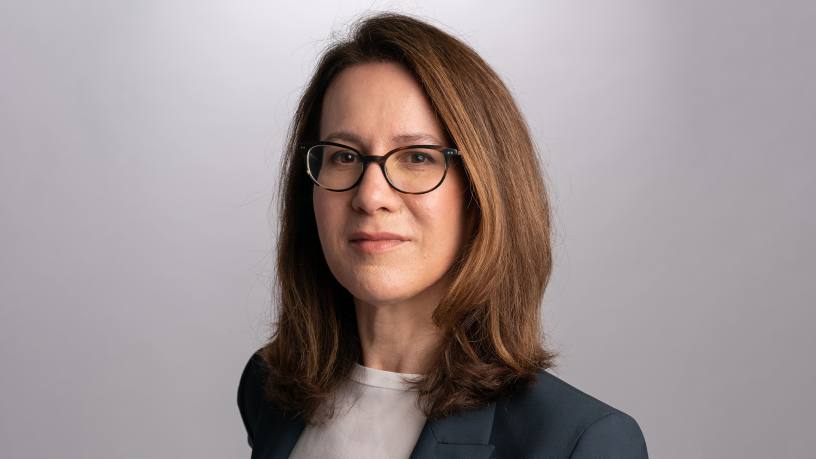January can feel like a long, sleepy month on this side of the world. Here in London, where The Banker team is based, unusually cold and windy weather has added to the post-holiday drag. For some, though, the beginning of the year may have felt rather different, as new rounds of job cuts are being announced — Citi’s culling of 20,000 positions (more than 8 per cent of total staff) by 2026 being the largest such plan yet.
But this can also be a time of reflection and setting new intentions. Those of us visiting Davos for the World Economic Forum’s annual meeting earlier this month would have engaged in conversations about economic prospects as well as the risks facing business and finance this year. They would have likely shared some thoughts on how to best contribute to a more sustainable world, too.
While most grand plans are best taken with a healthy dose of scepticism, some of the conversations I had in the Swiss Alpine resort do deserve further attention. One in particular struck me as uniquely compelling.
During a conference organised by Swedish tech company Doconomy on the sidelines of the WEF gathering, Martin Stuchtey, a geologist, academic and former McKinsey partner, explained how the creation of a new asset class, “nature equity”, would help to account for the $140tn a year he estimates nature generates for the global economy.
(For full disclosure, I had been invited to moderate a number of panel discussions at the same event.)
The logical architecture supporting Stuchtey’s idea relies on a “biological passport” that would assign a value to any and every pixel of the planet and become a trusted currency for nature. Once that value is assigned, “nature service agreements” would ensure countries with an abundance of natural resources are paid to maintain them. The creation of a legal status for such agreements would then allow for their inclusion in the balance sheet.
How would your clients’ balance sheet look under this system? And what about that of your bank?
Stuchtey, who has now founded an organisation promoting nature equity, The Landbanking Group, believes that a system centred on it could lead to a “new Bretton Woods”.
I find this a fascinating proposition. As the new editor in chief of The Banker, I plan to use our platform to share new ideas that could reshape the way in which banks and finance work, including those that consider the climate and nature crises, new geopolitical risks as well as artificial intelligence and other technological advances.
Indeed, I have been looking closely at some of these issues over the past two years after founding a new title, here at the Financial Times Group, for professionals focusing on environmental, social and governance factors.
I plan to create stronger bridges between the well-known coverage The Banker has offered since 1926 and our group’s new, highly specialised ventures — like the one I set up, Sustainable Views, and another service we have recently fine-tuned, Banking Risk & Regulation.
As the months roll on, you may also notice a few other changes across our website and monthly magazine. My intent is to offer content that will help you deal with your daily tasks and needs, but that will also challenge you to consider new ways of thinking about your profession and its role in the economy and, more broadly, in society.
New ideas, after all, are at the centre of any human activity — banking or otherwise. A new asset class that considers nature’s economic value could help better understand which ventures are worth financing. And a new and more comprehensive global approach to account for all resources contributing to the prosperity of a company or a country would arguably help to create more solid economic systems, more resilient growth plans for the organisations that inhabit them — and, perhaps, more stable jobs too.
Silvia Pavoni is editor in chief of The Banker. Follow her on LinkedIn here.






